
Study Finds People With ADHD Listen to Music Differently—Here’s How

Disclaimer: The information in this article is intended for general informational purposes only and does not constitute medical advice. We are not medical professionals, and this website is a family-run hobby project. Always consult with a qualified healthcare provider before making any health-related decisions. Please fact-check any health claims and use this content as a starting point for your own research—not as a replacement for expert guidance.
🎧 Music and ADHD: A Surprising Study Reveals How Young Adults Use Music to Focus, Cope, and Thrive
Music is everywhere—in our headphones during commutes, blaring from gym speakers, filling cafés with ambiance, or playing softly in the background while we work, study, or clean. For many, it’s entertainment. But for some—especially young adults who experience symptoms of ADHD (Attention-Deficit/Hyperactivity Disorder)—music can be something far more powerful. It becomes a coping mechanism, a focus enhancer, a mood booster, and even a self-regulation tool.
A new study out of the University of Montreal provides fascinating insights into how young people with ADHD traits interact with music in their daily lives—and how their habits differ significantly from those of their neurotypical peers.
Let’s explore how lo-fi beats and curated Spotify playlists may serve as more than just background noise. They might be brain hacks in disguise.
🎵 ADHD 101: A Friendly Refresher
Before diving into the study, it's helpful to briefly understand ADHD. Attention-Deficit/Hyperactivity Disorder is a neurodevelopmental condition—basically, it means that certain areas of the brain operate differently, particularly those related to attention, organization, impulse control, and emotional regulation.
ADHD is often diagnosed in childhood, but symptoms can persist well into adulthood. It typically appears in three forms:
-
Inattentive Type: Difficulty focusing, following instructions, or staying organized.
-
Hyperactive-Impulsive Type: Fidgeting, restlessness, and acting without thinking.
-
Combined Type: A mix of both.
But ADHD is more than just struggling to sit still or concentrate. Many people with the condition also deal with emotional swings, anxiety, and frustration. These challenges can turn everyday tasks—like writing an email, doing laundry, or studying for an exam—into uphill battles.
🎶 Music as a Mental Tool?
Music is universally enjoyed—but for people with ADHD, it may serve a deeper, more functional role. This new research, conducted by doctoral students Kelly-Ann Lachance and Pénélope Pelland-Goulet, alongside clinical neuropsychologist Dr. Nathalie Gosselin, set out to answer a question that’s both simple and profound:
Do individuals with ADHD use music differently than those without it?
The inspiration? A parent once asked Dr. Gosselin whether it was okay for their teenager with attention issues to listen to music while studying. That question stayed with her—and eventually inspired this full-scale research project.
🧠 How the Study Was Conducted
The research team surveyed 434 young adults aged 17 to 30. Participants completed an online questionnaire about:
-
How often they listen to music during everyday tasks
-
Whether they prefer background music while studying or reading
-
How music affects their emotions and focus
-
What types of music they gravitate toward—relaxing or energetic
They also completed a standardized ADHD screening questionnaire. Based on their responses, participants were divided into two categories:
-
ADHD-positive group: Those who showed signs of ADHD
-
Neurotypical group: Those who did not show ADHD symptoms
This wasn’t a formal diagnosis, but it allowed researchers to identify trends between the two cognitive profiles.
📊 Key Findings: Not Just Background Noise
So, what did they learn? The results were both fascinating and revealing.
1. ADHD Participants Use Music More Frequently—Especially While Concentrating
Participants with ADHD symptoms were significantly more likely to play music while doing tasks that required intense mental focus—like studying, reading, or solving problems. While neurotypical individuals also listened to music during these tasks, they did so less frequently and tended to be more selective about when and what they listened to.
This suggests that for people with ADHD, music isn't a distraction—it's a focus-enhancing strategy.
2. ADHD Brains Prefer Upbeat, Stimulating Music
One of the most striking differences was in musical preference. ADHD-positive participants consistently favored fast-paced, upbeat, energizing music—regardless of whether they were doing a challenging or mundane task.
In contrast, neurotypical participants showed more flexibility:
-
During difficult tasks, they preferred calm, soothing music
-
For easier activities, they often chose lively or rhythmic tunes
This shows that people with ADHD may be using music to regulate internal energy levels in a more consistent and strategic way.
🧩 Why Does Music Help ADHD Brains?
One theory that helps explain this behavior is the Moderate Brain Arousal Model. It suggests that people with ADHD tend to operate at a lower level of mental stimulation, or arousal. To boost focus and motivation, they often seek out additional sensory input—like movement, noise, or yes, music.
Fast-paced music may increase levels of dopamine, a neurotransmitter linked to reward, motivation, and attention. Since dopamine is often in short supply for ADHD brains, music can serve as a natural stimulant, helping to improve focus, mood, and task persistence.
In this way, music functions as a self-regulation tool—one that’s easy to access, low-risk, and highly enjoyable.
😌 Emotional Benefits: Music as Mood Support
Beyond focus, music also plays an emotional role. Participants in both groups reported that music helped them:
-
Improve concentration
-
Reduce stress and anxiety
-
Boost their overall mood
Researchers analyzed responses to 27 different statements about the effects of music and found two central themes: music enhances clarity of thought and emotional balance.
Interestingly, while ADHD participants listened more frequently, both groups rated the emotional benefits of music similarly. This suggests that music is universally effective for emotional regulation—but may be used more often by those with ADHD to meet their mental and emotional needs.
🎯 More Than a Coping Mechanism: A Cognitive Strategy
The researchers wanted to make sure they weren’t mistaking music use for general stress relief. So they controlled for variables like emotional distress and musical training. Even after accounting for those factors, the ADHD group still showed higher music use—especially during studying, physical activity, and repetitive tasks.
This suggests that music isn’t just a feel-good escape. For people with ADHD, it may serve as an intentional strategy to manage energy, focus, and emotional balance.
⚠️ Study Limitations to Keep in Mind
As with all studies, this one has a few limitations. It relied on self-reported data, which means participants had to recall their habits accurately—and be honest about them. Memory bias and social desirability could have influenced responses.
Also, since the ADHD screening wasn’t a formal diagnosis, some people may have ADHD-like traits without having the actual condition.
Still, the trends were strong enough to suggest that music use is different—and possibly more intentional—for individuals with ADHD symptoms.
🔭 What’s Next? Tuning Music into Mental Health Tools
The research team isn’t stopping here. They’ve already launched a new study focusing on adolescents aged 12 to 17 to explore how music habits develop earlier in life.
Future areas of interest include:
-
Identifying which specific musical elements (tempo, genre, rhythm, lyrics) are most effective for improving focus
-
Developing personalized playlists as therapeutic tools
-
Understanding how music habits change as people age, work, or enter new life stages
The long-term vision? Creating targeted, research-backed music strategies to help people with ADHD—and others—enhance their learning, productivity, and well-being.
🎧 Final Thoughts: More Than Just a Playlist
This study confirms something many people have long suspected: music isn’t just entertainment—it’s a powerful tool for managing the mind.
For young adults with ADHD symptoms, music serves as a discreet but effective way to sharpen focus, manage emotions, and energize their day. And even if you're neurotypical, you may be using music in similar ways—perhaps without even realizing it.
So the next time you hit "play" before diving into a tough task, don’t feel guilty. You might not be procrastinating—you might just be fine-tuning your brain for better performance.
Bottom line: Whether you're living with ADHD traits or just trying to get through your to-do list, music can be more than a vibe. It can be a life-enhancing mental strategy.
Disclaimer: The information in this article is for general informational purposes only and is not intended as medical advice. We are not doctors, and this website is managed as a family hobby. Always consult a qualified medical professional for health-related decisions. Use this article as a starting point, and verify all health claims through reliable sources.
News in the same category


How to Use Rice Water for Gorgeous Hair and Skin (Detailed Instructions)

Beware: U.S. Salmon May Be Crawling with Japanese Tapeworm, Say Scientists
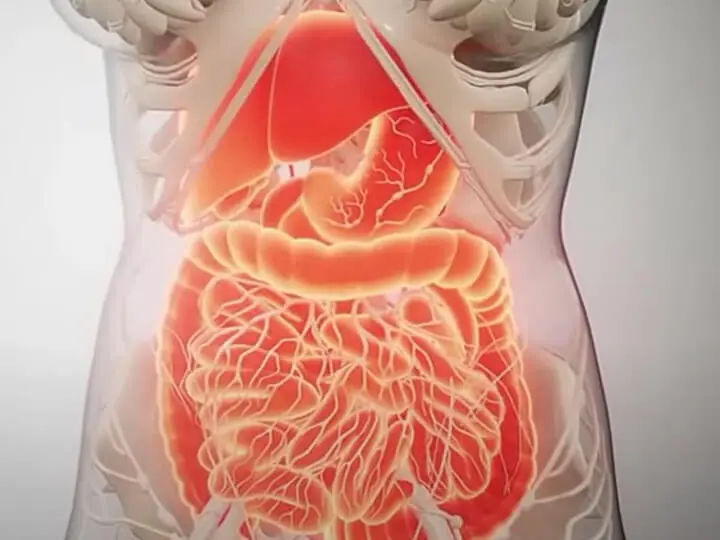
Colon Cleansing: How to Naturally Flush Your Colon at Home (Science-Based)

3 Morning Symptoms That May Signal the Onset of Canc3r

"8 abnormal signs warning of c3rvical canc3r that women need to recognize early"
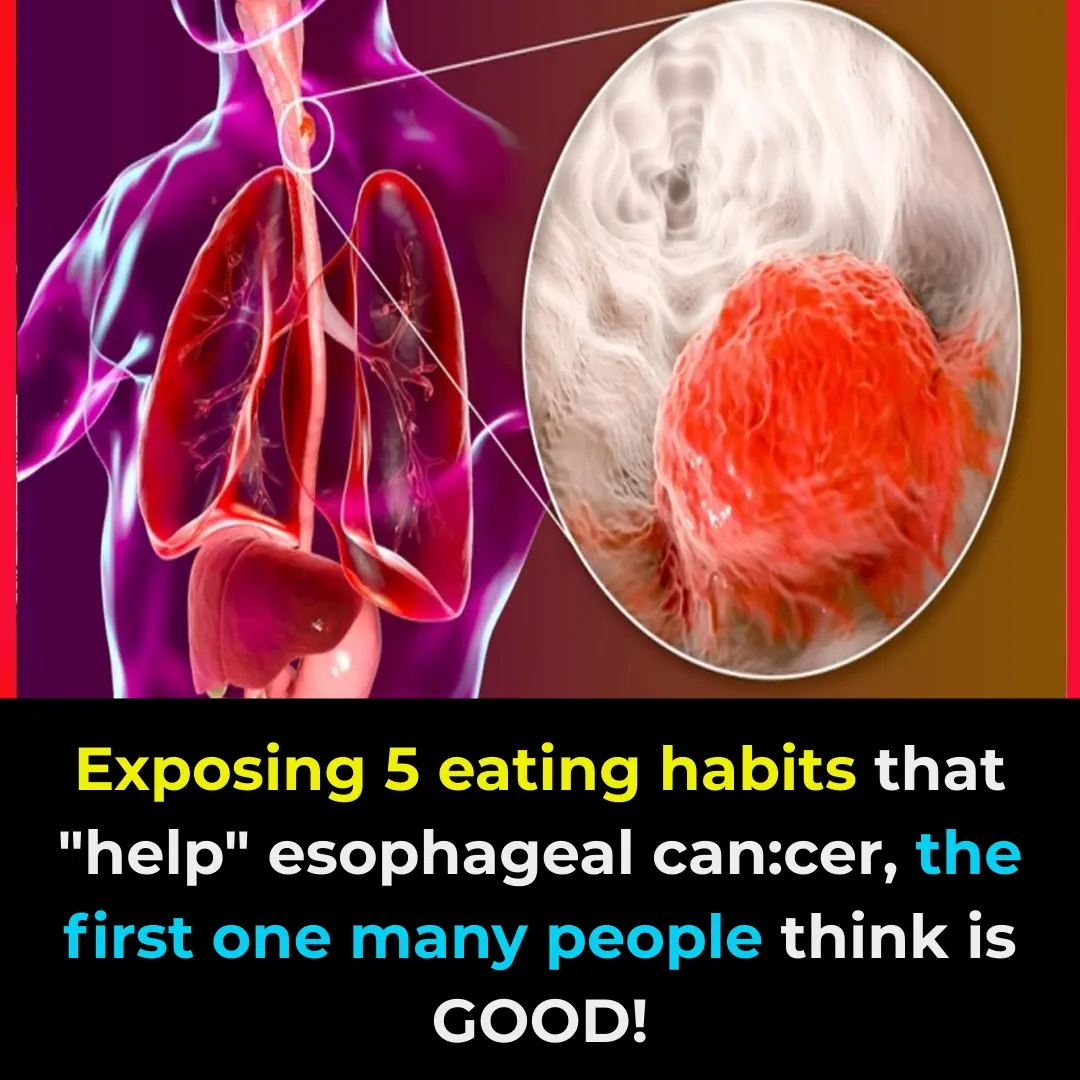
If you don’t correct these 5 harmful eating and drinking habits right away, sooner or later your esophagus will also be “ravaged” by cancer cells.
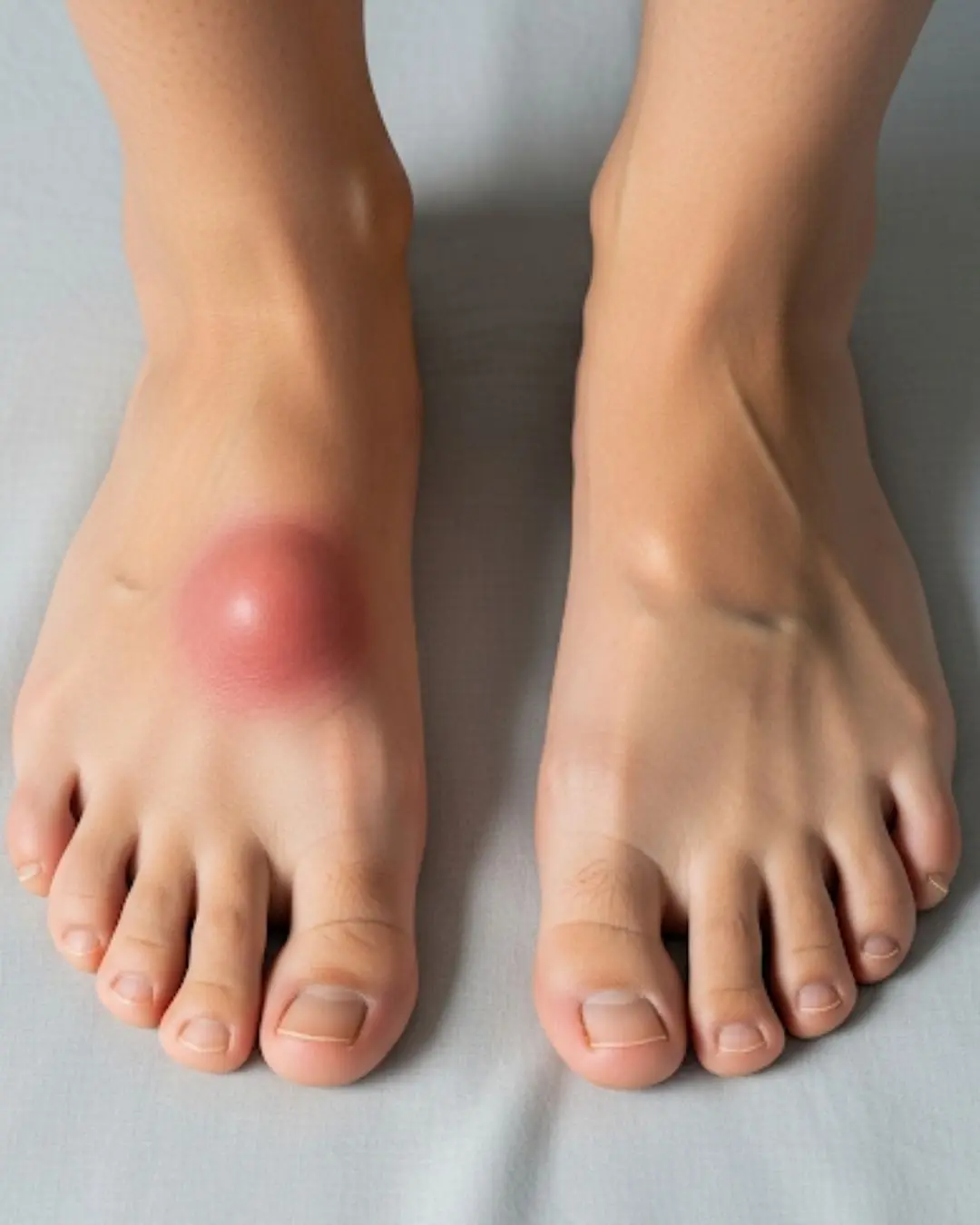
If Your Feet Swell It Is a Clear Sign
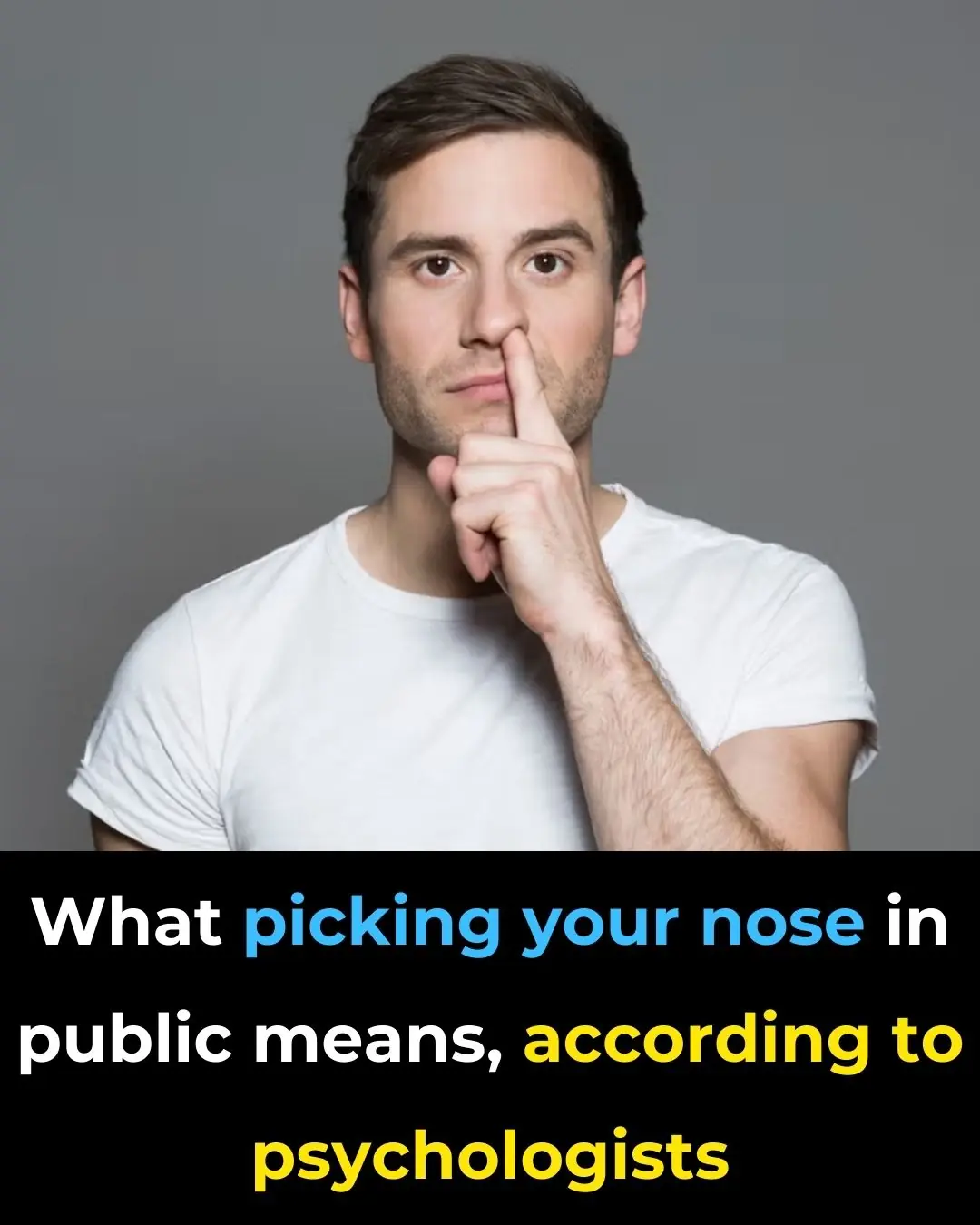
Nose Picking What This Taboo Habit Really Reveals About Us
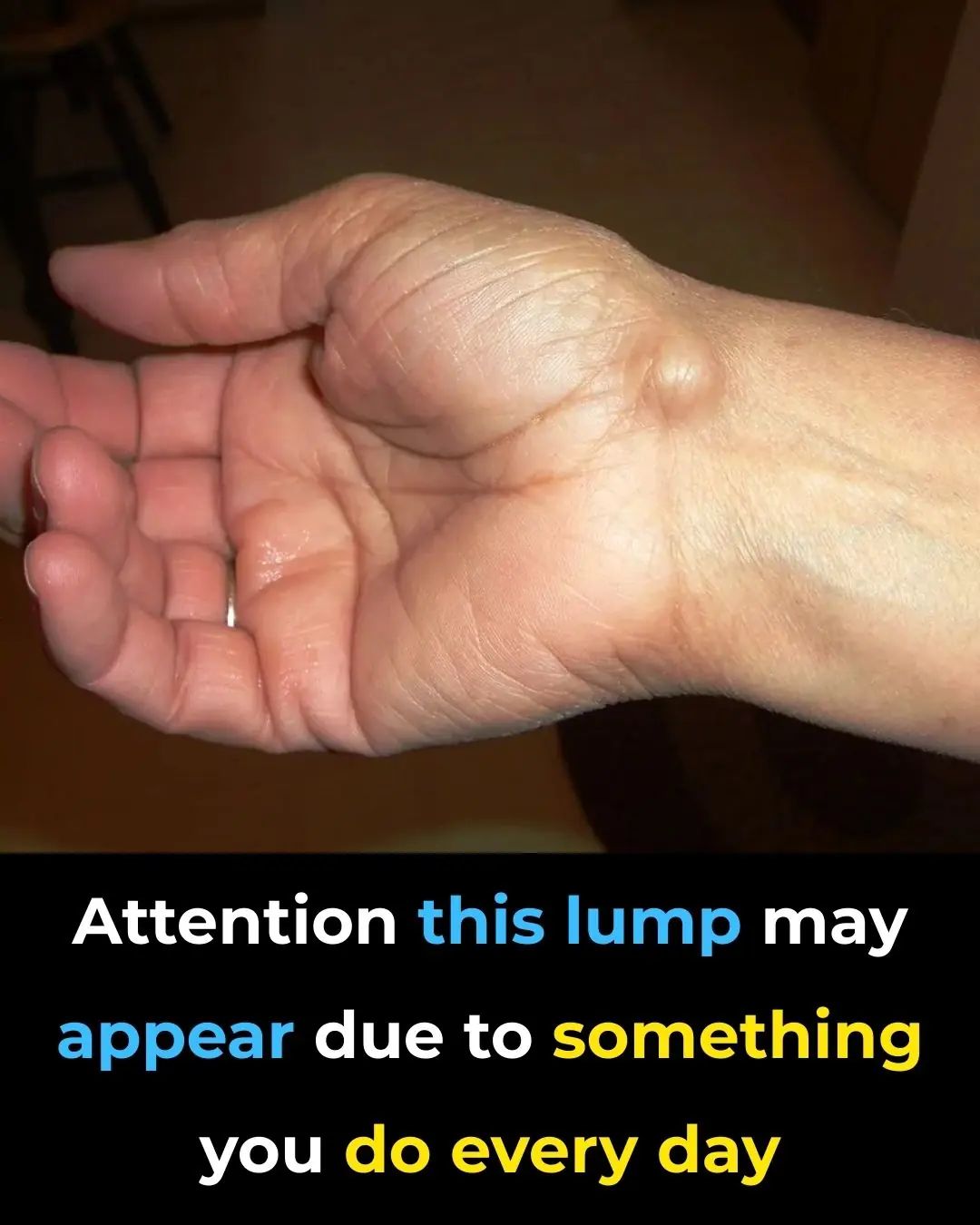
Everyday Habits That Can Cause a This Issue To Your Hands
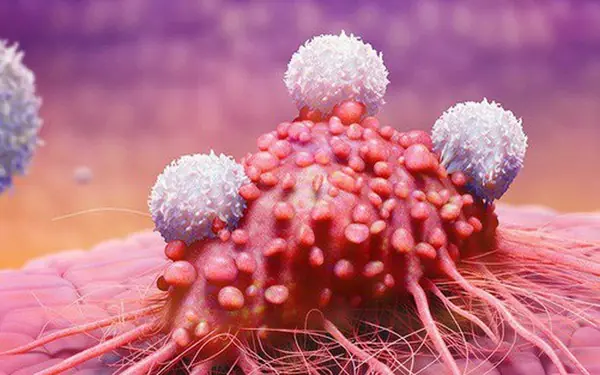
Why Liver Cancer Is Often Detected Late – Important Warning Signs You Shouldn’t Ignore
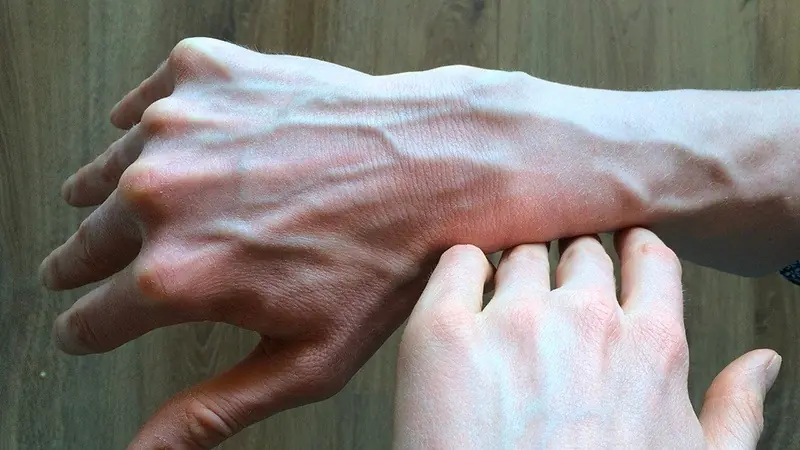
If You See Someone with Prominent Green Veins, Make Sure to Tell Them This – It Could Save Their Life

How to Safely Remove Super Glue (502) from Your Skin Without Tearing It
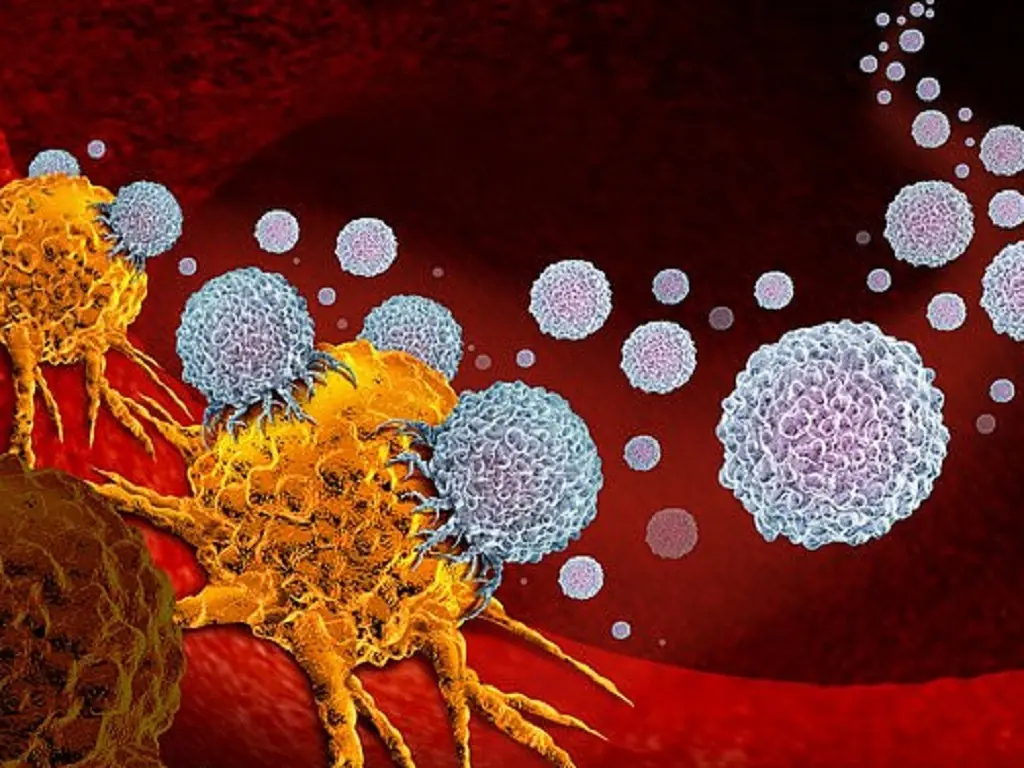
3 Unusual Signs in the Neck That Could Be Symptoms of Cancer – Don’t Ignore Them!
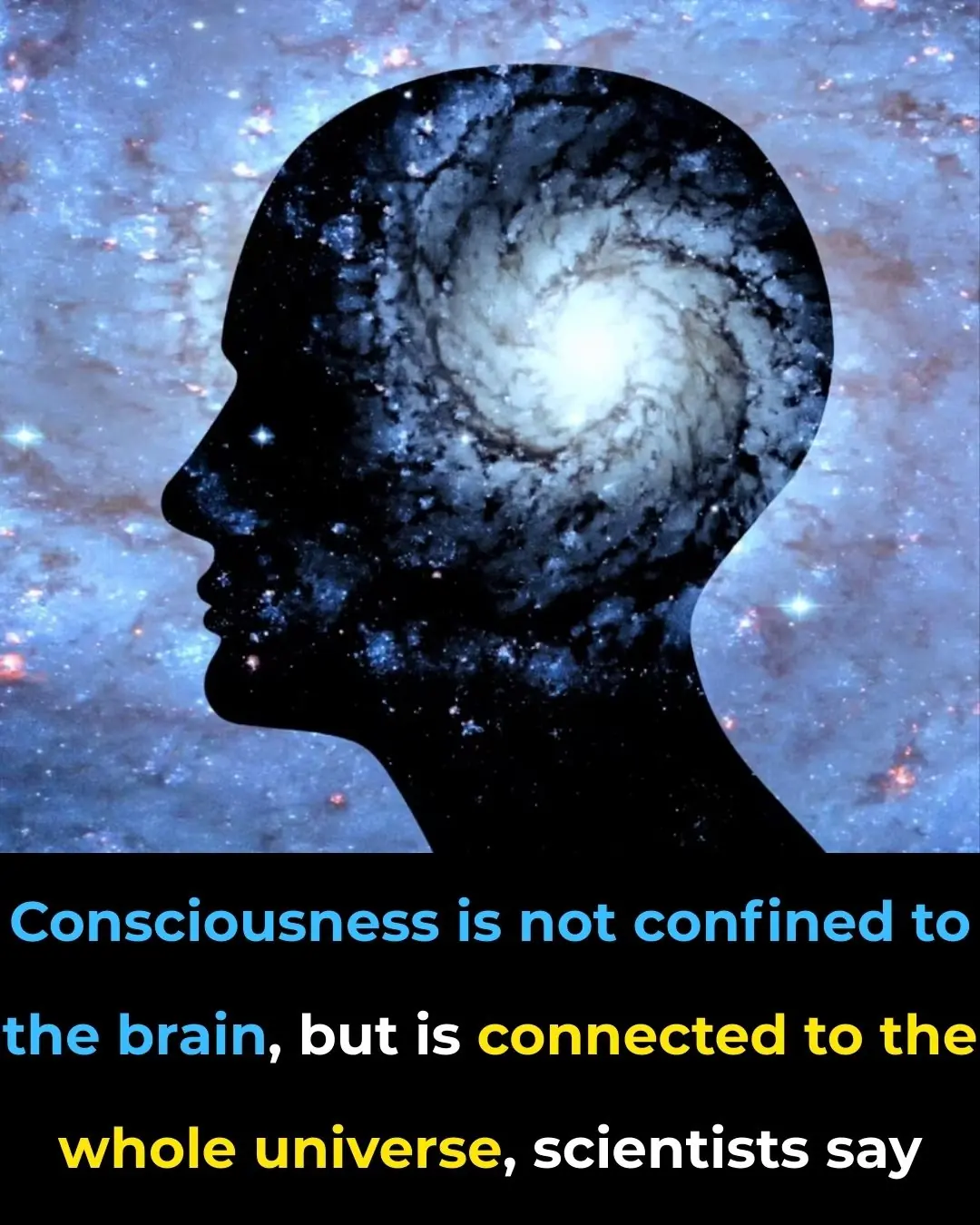
Consciousness Is Not Confined to the Brain, But Is Connected To The Whole Universe, Scientists Say

Can I Get My Metabolism Back After Stopping Lexapro and Prozac?

8 Foods High in Inulin to Eat for Better Gut Health

Proven Health Benefits and Uses of Thyme and Thyme Tea

Proven Health Benefits of Walnuts, How Many to Eat, and More (Science Based)
News Post

Why Your Legs Cramp at Night (And How to Fix It)

How to Use Rice Water for Gorgeous Hair and Skin (Detailed Instructions)

Beware: U.S. Salmon May Be Crawling with Japanese Tapeworm, Say Scientists

The Benefits of Chicken Feet Stewed with Black Beans – As Powerful as Ginseng

There are many cuts of beef, but only these 3 are considered the true “essence” – both chefs and butchers wholeheartedly agree!

Colon Cleansing: How to Naturally Flush Your Colon at Home (Science-Based)

Put this into a lemon and place it in the corner of your house – mosquitoes will stay away for good

3 Morning Symptoms That May Signal the Onset of Canc3r

"8 abnormal signs warning of c3rvical canc3r that women need to recognize early"

If you don’t correct these 5 harmful eating and drinking habits right away, sooner or later your esophagus will also be “ravaged” by cancer cells.

Is Your Air Conditioner Outdoor Unit Making Loud Grinding Noises? Use This Simple Trick to Make It Run Quietly Without Calling a Technician!

Urgent warning issued to travelers as China takes ‘covid measures’ after reporting 7,000 cases of Chikungunya virus

3 Effective Ways to Prevent Snakes from Entering Your Home Everyone Should Know to Protect Their Family

Signs to look out for amid Gordon Ramsay's health warning after undergoing cancer surgery

How to Handle Common Refrigerator Problems and a Surprising Lesson from American Toilet Habits

If Your Feet Swell It Is a Clear Sign
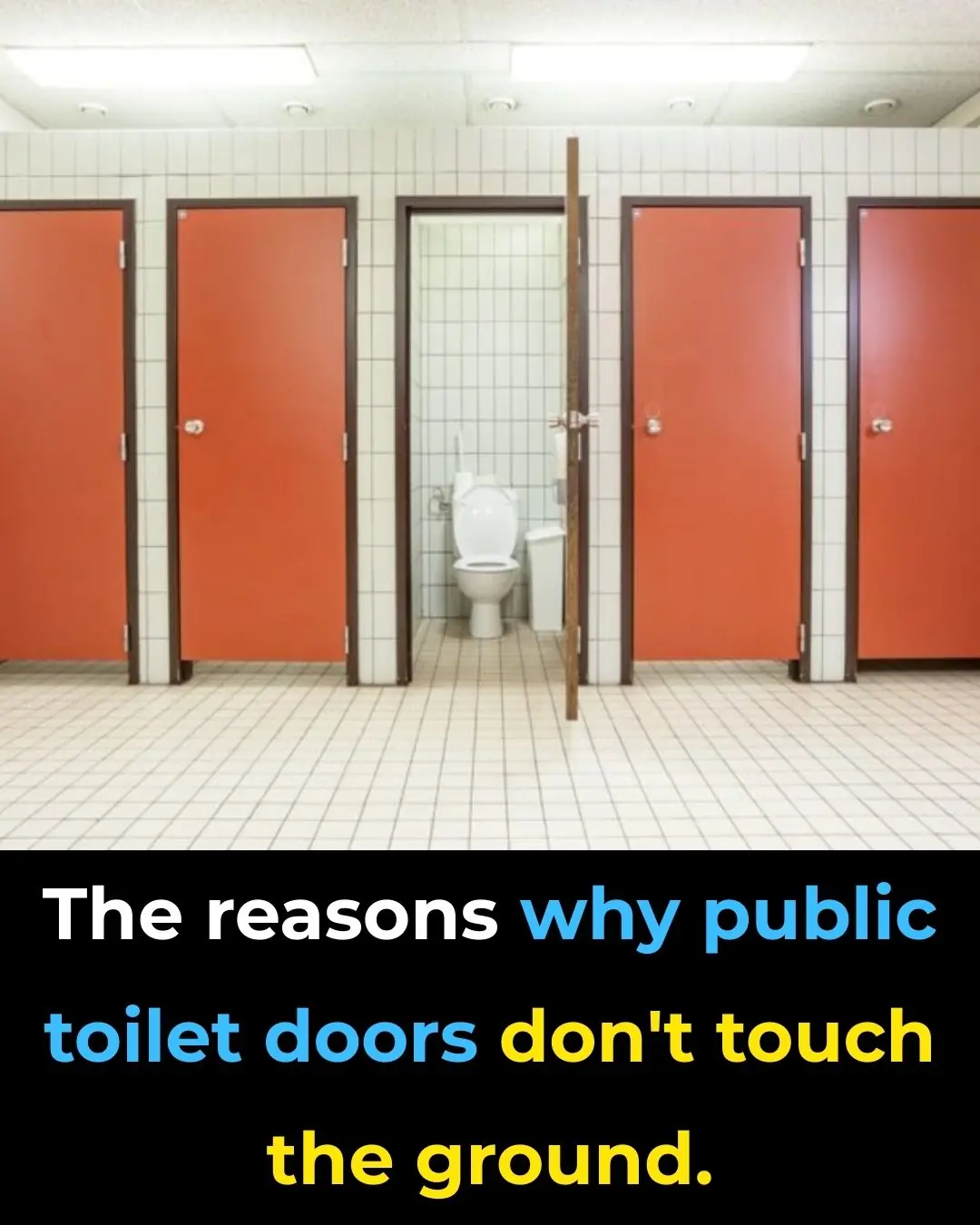
Why Doors in Public Bathrooms Don’t Reach the Floor

Nose Picking What This Taboo Habit Really Reveals About Us

Everyday Habits That Can Cause a This Issue To Your Hands
